Hello Hive, I hope you’re doing well! As for me, the cold finally caught up with me. I even had a bit of a fever last night, but nothing too serious. Despite that, @altheana and I hit the road to visit an apartment located 300 km away from where we were.
This apartment had a major advantage: it would bring us closer to our land, allowing us to work more often on the tiny house and finally make some progress on the project.
Unfortunately, the visit didn’t convince us. But we’re not giving up, the search continues!
We took advantage of this trip to stop by our land and check if everything was okay. When we entered the tiny house, a little surprise was waiting for us: water on and around the stove I installed with my dad two weeks ago.
This means our waterproofing isn’t as effective as we thought. To figure out where the issue was coming from, I climbed up to the roof. That’s when I discovered that the roof’s undulations were causing water to stagnate, which was wearing down the thick seal we had applied.
To fix the problem, I decided to prepare a small batch of mortar. The idea was to create a kind of dam to prevent water from pooling where it shouldn’t. Hopefully, this will either raise the pooling area or, even better, redirect the water to the sides.
I then climbed back onto the roof to apply the mortar. This is only the second time I’ve done this kind of work, so I tried my best. Honestly, this isn’t really something I enjoy doing.
The mortar I bought dries very quickly. So, I had to work with precision while keeping up a good pace to make sure it didn’t dry before I finished.
I’m not completely happy with the result, but it’s not a big deal. After all, I only see the roof 1% of the time! What really matters is that it works and stops water from leaking into the tiny house.
After chopping some wood with an axe, I naturally lit a fire in the stove. It was barely 6 degrees Celsius outside. In no time, the indoor temperature climbed from 6 to 20 degrees, and the humidity dropped from 95% to 55%. I’m really happy with this stove.
This weekend, we’re heading to Normandy to visit family and enjoy a Christmas market. Along the way, we stopped in a forest to eat a sandwich before continuing our journey.
Version Française
Bonjour Hive, j'espère que vous allez bien ! De mon côté, le rhume m'a rattrapé. J'ai même eu un peu de fièvre la nuit dernière, mais rien d'insurmontable. Malgré tout, avec @altheana, nous avons pris la route pour aller visiter un appartement situé à 300 km d’où nous étions.
Cet appartement avait un gros avantage : il nous rapprocherait de notre terrain, ce qui nous permettrait de travailler plus souvent sur la tiny house et d'avancer enfin les travaux.
Malheureusement, la visite ne nous a pas convaincus. On ne se décourage pas, la recherche continue !
Nous avons profité de cette visite pour passer sur notre terrain et vérifier que tout allait bien. En arrivant dans la tiny house, une petite surprise nous attendait : de l’eau sur et à côté du poêle que j’ai installé avec mon père il y a deux semaines.
Ca signifie que notre imperméabilisation laisse à désirer. Pour comprendre d’où venait le problème, je suis monté sur le toit. Et là, j’ai découvert que les ondulations de la tôle retenaient de l’eau stagnante, qui attaque le joint pourtant bien épais que nous avions appliqué.
Pour remédier à ça, j’ai décidé de préparer un petit mortier. L’idée est de créer une sorte de digue pour empêcher l’eau de stagner là où elle ne devrait pas. Avec un peu de chance, ça permettra soit de surélever la zone de stagnation, soit, mieux encore, de dévier l’eau sur le côté.
Je suis ensuite remonté sur le toit pour appliquer le mortier. C’est seulement la deuxième fois que je fais ce genre de travaux, alors j’ai essayé de faire de mon mieux. Honnêtement, ce n’est pas vraiment quelque chose que j’apprécie faire.
Le mortier que j’ai acheté sèche très rapidement. J’ai donc dû m’appliquer à le faire avec précision, tout en gardant un bon rythme pour ne pas que ça sèche avant que je termine.
Je ne suis pas totalement satisfait du résultat, mais ce n’est pas si grave. Après tout, je ne vois pas le toit 99 % du temps ! L’important, c’est que ça fonctionne et que ça empêche l’eau de s’infiltrer à l’intérieur de la tiny house.
Après avoir coupé un peu de bois à la hache, j’ai évidemment allumé un feu dans le poêle. Il faisait à peine 6 degrés dehors. En peu de temps, la température à l’intérieur est passée de 6 à 20 degrés, et l’humidité, qui stagnait à 95 %, est tombée à 55 %. Je ne suis vraiment pas déçu de ce poêle.
Ce week-end, direction la Normandie pour rejoindre la famille et profiter d’un marché de Noël. Sur la route, nous avons fait une petite pause en pleine forêt pour déguster un sandwich avant de reprendre notre trajet.
This report was published via Actifit app (Android | iOS). Check out the original version here on actifit.io

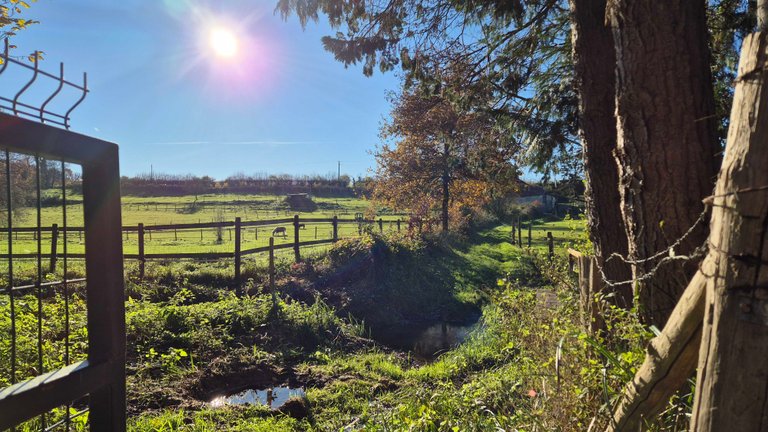
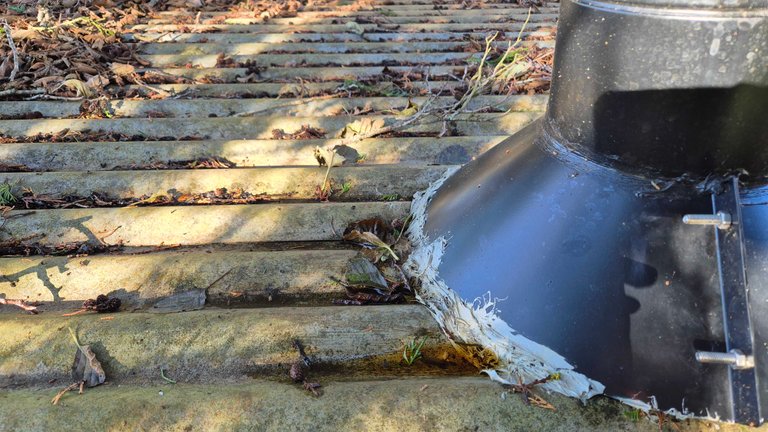

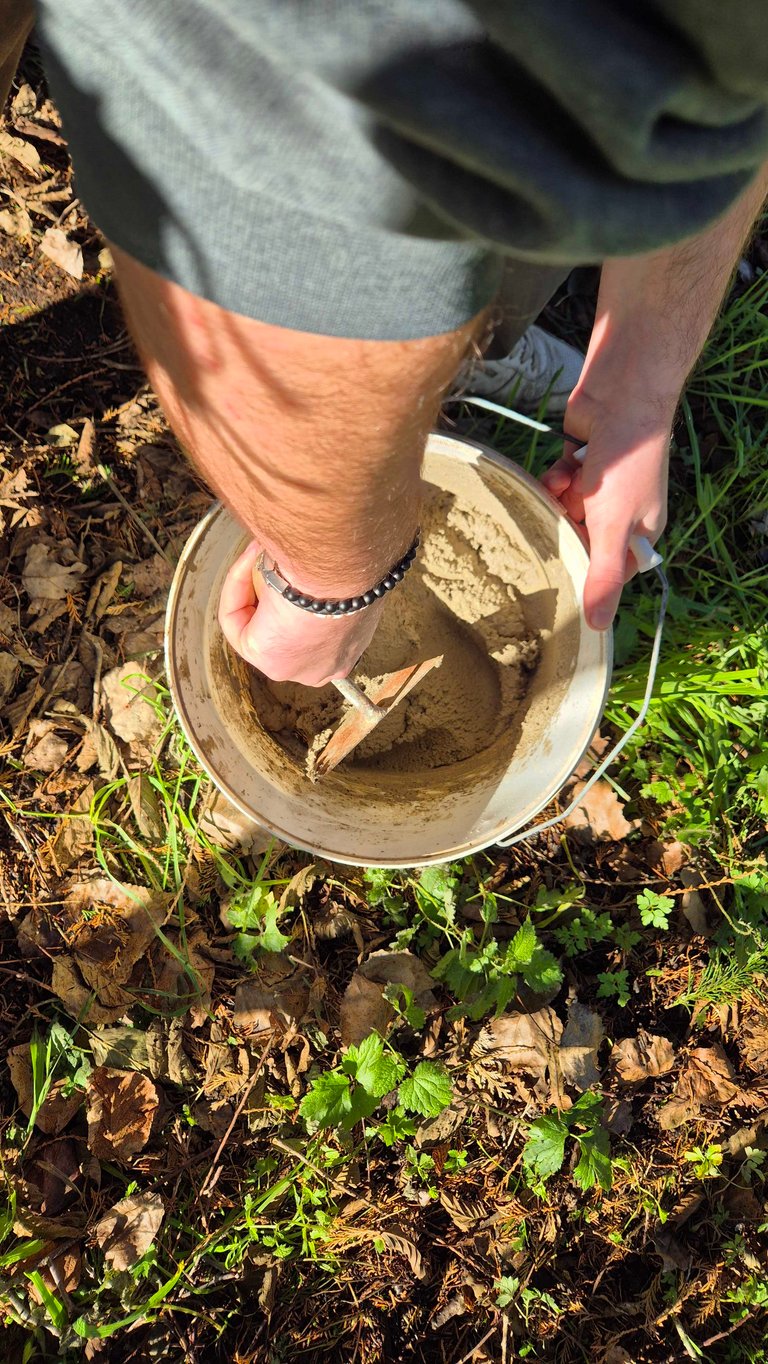
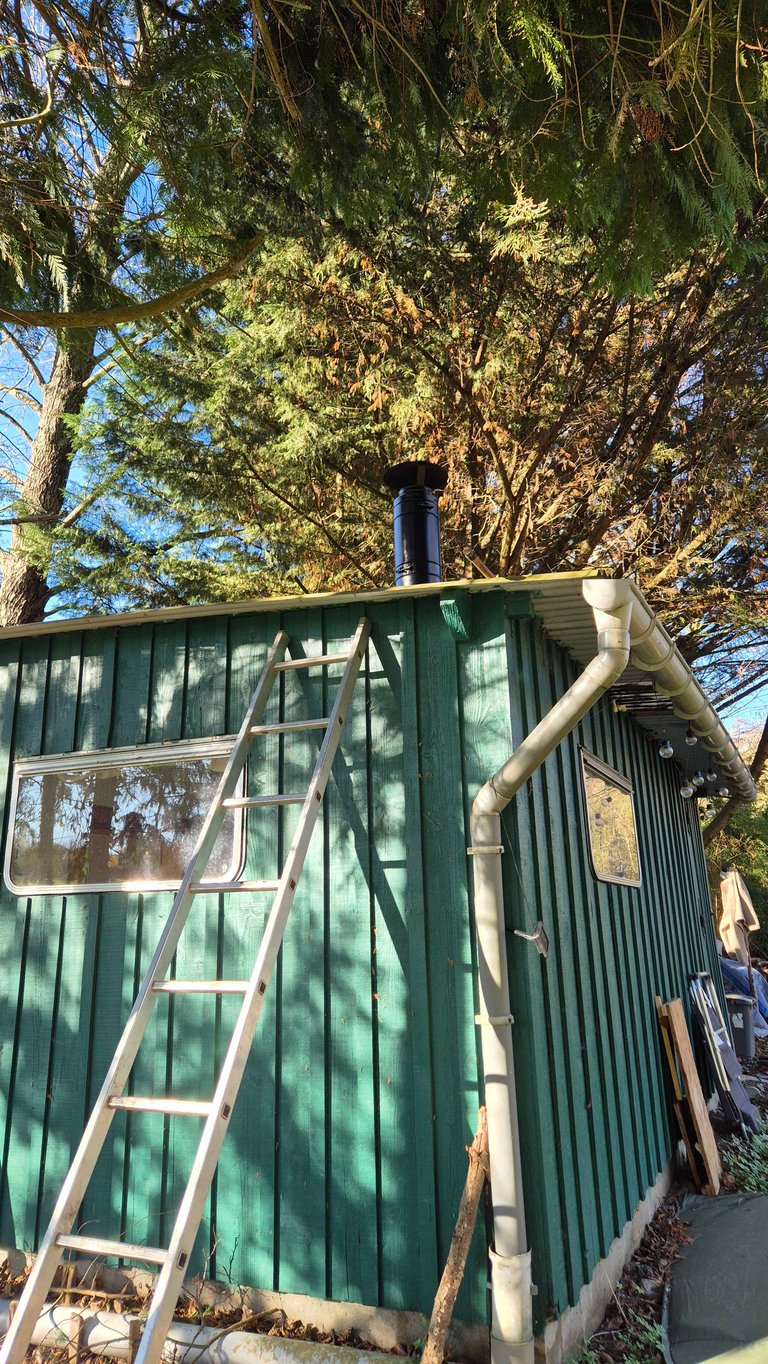

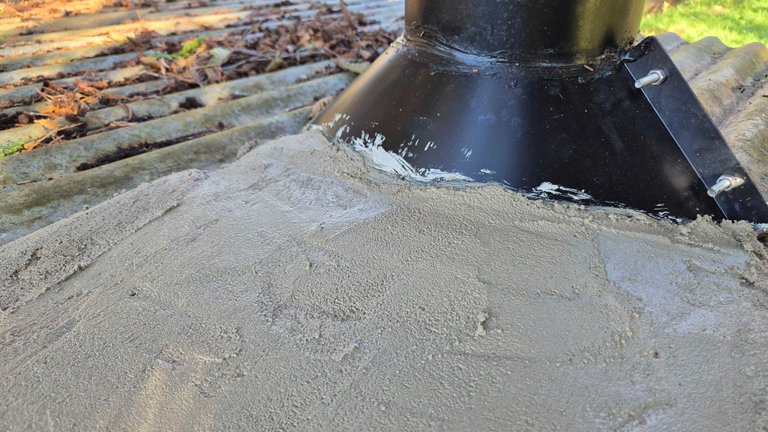
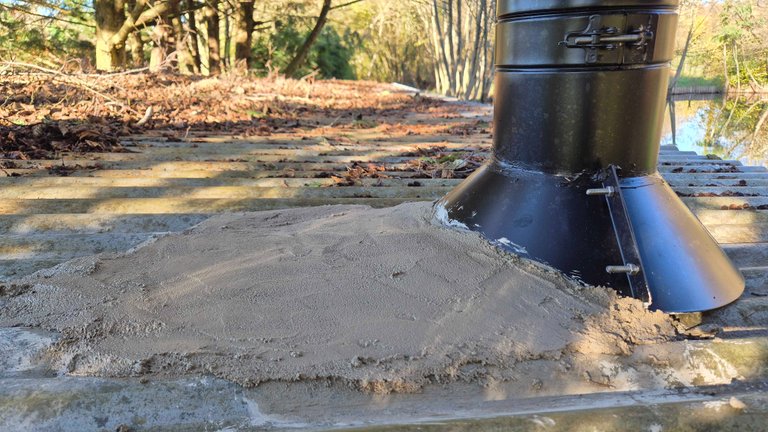
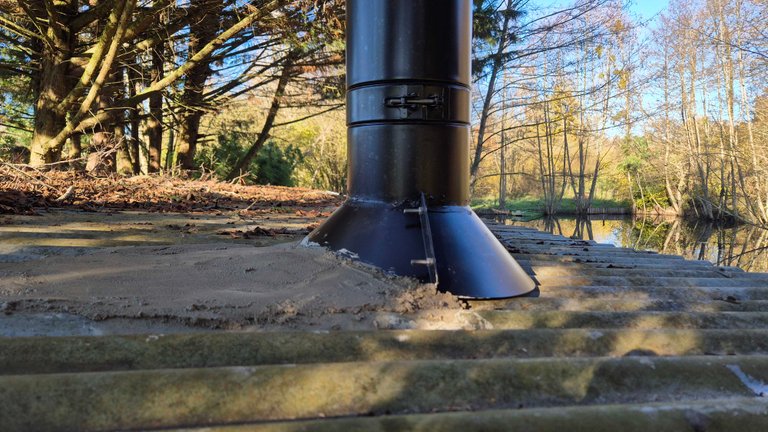
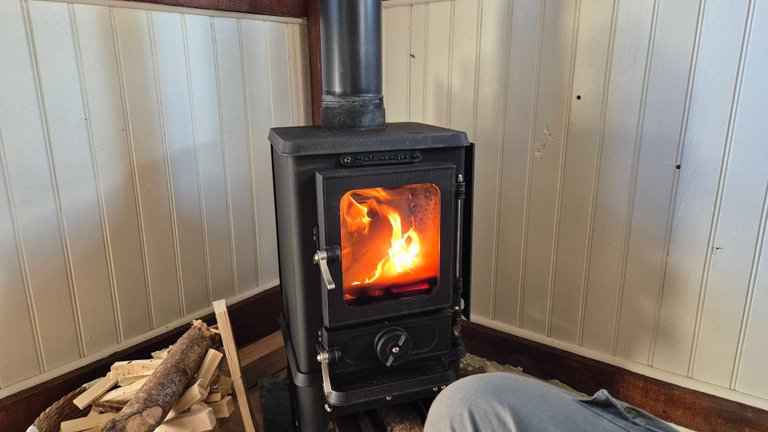

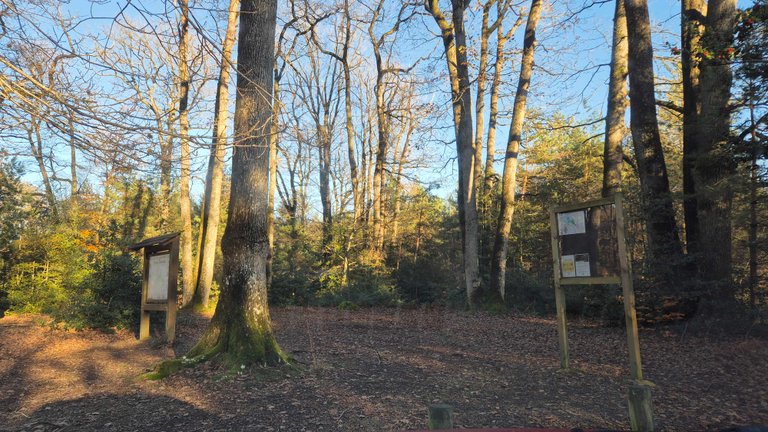







Hope you feel better man!
Sucks to hear about the water leak - be careful of those they can lead to mold and you don’t want that.
Decent mortar job, hopefully it keeps the water out!
Espérons que cela ne fissurera pas avec les différences de température dues à la cheminée ... Que tout aille bien
!PIZZA
Your post has been manually reviewed for curation by the Principality of Bastion.
Check the Trail of posts we voted
Principality of Bastion - Our Leit Motiv? Let's Grow Together.
Principality's site | Minava NFT Market | Discord | Our Twitch Channel
You may TRAIL this account if you like the curation we do, or join our discord to know more about what we do.

$PIZZA slices delivered:
@itharagaian(4/10) tipped @genesisledger